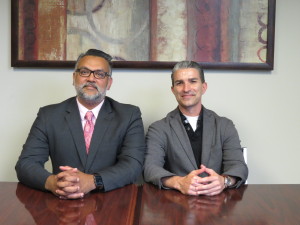DWI Blood Tests

The blood test is commonly becoming a prevalent tool used by police to justify a DWI charge. Blood tests are generally more accurate than breath tests. However, it is still important that your attorney knows how to defend against the blood test. He must know the laws regarding blood draws as well as the science of collecting, storing, and analyzing the blood.
In 2009, the Texas legislature passed a blood draw statute which expanded the ability of a police officer to forcefully draw a person’s blood. This includes drawing blood without the person’s consent or without a signed warrant.
The law generally provides for the following warrantless blood draws:
* If someone other than the suspect is injured and was transported to the hospital.
* If the person is arrested for DWI with a child under 15 years old in the car
* If the suspect has been convicted of DWI two or more times previously; or has previously been convicted of DWI with child under fifteen, intoxication assault, or intoxication manslaughter.
The key to any good blood draw defense is knowledge of the law, understanding of the relevant structure of the science, and immediate consultation with the client to determine strengths and weaknesses of the case.

So, if you are looking for a DWI Attorney in Dallas, DWI Attorney in Ft. Worth, DWI Attorney in Plano, DWI Attorney in Denton, DWI Attorney in Garland, DWI Attorney in Mesquite, DWI Attorney in Frisco, DWI Attorney in Irving, DWI Attorney in Richardson, DWI Attorney in McKinney, DWI Attorney in Allen, DWI Attorney in Bedford, DWI Attorney in Euless, DWI Attorney in Hurst, DWI Attorney in Arlington, DWI Attorney in Grand Prairie, DWI Attorney in Grapevine, or anywhere else in the Dallas-Fort Worth Metroplex then please click on the following link to learn more about DWI’s.
